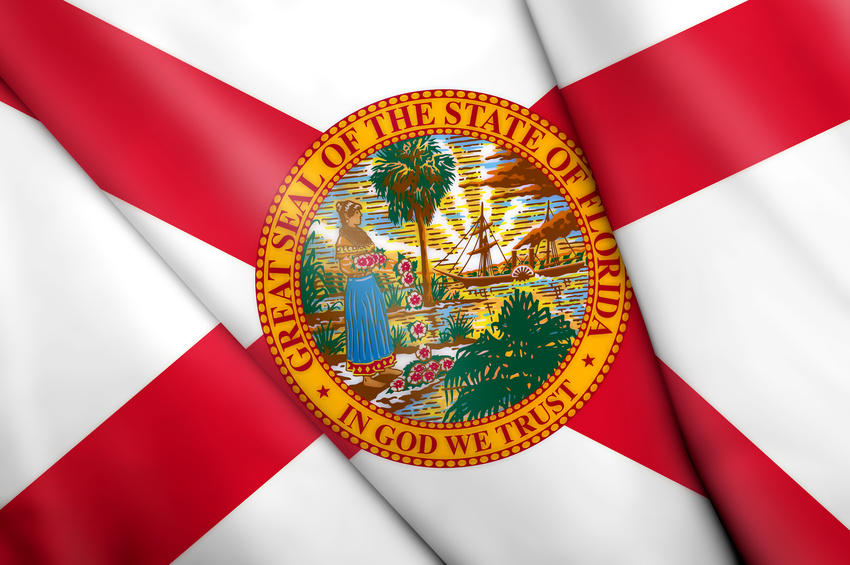 Forward-looking goal aims to strengthen talent pipeline and meet workforce demand
Forward-looking goal aims to strengthen talent pipeline and meet workforce demand
The Florida Higher Education Coordinating Council (HECC) on Monday unanimously voted to adopt a postsecondary attainment goal for the State of Florida.
The HECC, whose members represent leaders of the business community, economic and workforce development agencies and higher education entities in the state, adopted the goal during their November 28th meeting.
“A well-educated population leads to a stronger workforce, leads to a stronger economy,” said State University System of Florida Chancellor Marshall Criser. “This isn’t the flavor of the year in 2016. This is actually a commitment to double-down on making sure at the end of the day that we’ve aligned what we’re doing at postsecondary education with our partners to match what our employers and what our economy are going to expect us to do.”
Workforce projections show that the fastest-growing jobs in the state require postsecondary education and training, which served as the impetus for the HECC’s goal for 55% of Floridians ages 25 to 64 to hold a degree or postsecondary certificate by the year 2025. Currently, only 47% of Floridians ages 25 to 64 has a postsecondary certificate.
Starting in early 2017, members of the HECC plan to dig deeper into the data to answer key questions surrounding the state’s talent pipeline and future workforce needs, which could result in an upward adjustment to the attainment goal and/or target date.
Florida College Access Network applauds the Florida Higher Education Coordinating Council’s adoption of a postsecondary attainment goal, which stands to strengthen the many efforts taking place throughout the state to better prepare students to receive a high-quality education and fill jobs in high-demand fields.
“We are grateful to the Higher Education Coordinating Council for setting this important goal for the state; we are optimistic that it will prove key to accelerating Florida’s significant progress to increase postsecondary and economic opportunities for all Floridians,” said Laurie Meggesin, Florida CAN’s executive director.
For more on Florida’s progress toward increasing its degree attainment rate, click here.
